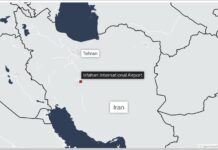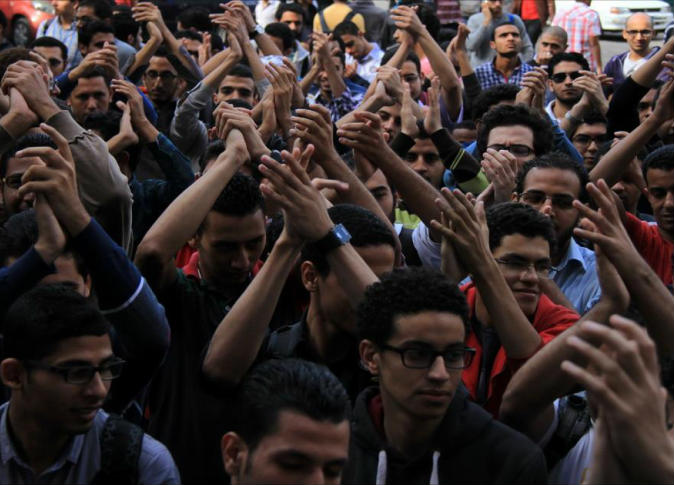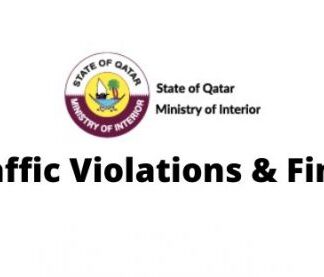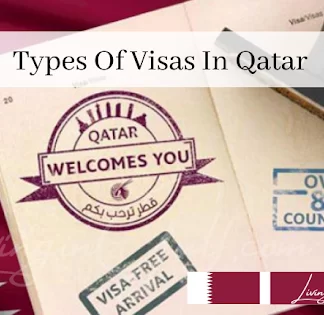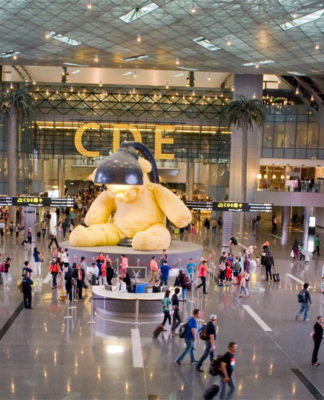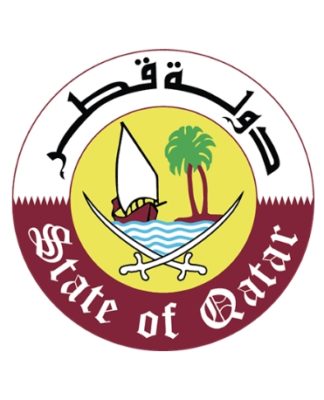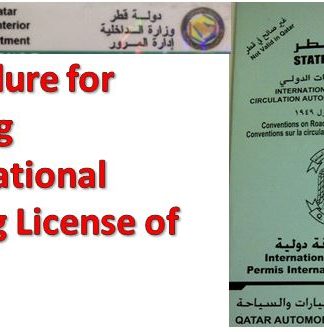Al-Jazeera is a media platform for peoples revolting against tyranny
The UAE promotes tolerance and ignites the fighting in Yemen and Libya
An American center compared the positions of Doha and Abu Dhabi towards responding to the aspirations of the Arab peoples, and said that the first supported the Arab Spring (2011-2013), while the second fought it, as Al-Jazeera was a media platform for the Arab peoples who aspire to freedom and who opposed tyranny in North Africa and Syria.
The report of the Berkeley Center for Religion, Peace and Global Affairs affiliated to “Georgetown University” and translated by “the East” said that the State of Qatar has emerged as a regional power – supported by abundant energy reserves of natural gas – as one of the most prominent actors, who filled the regional leadership vacuum caused by the weakness of traditional centers of power. “In the Middle East, such as Cairo, Damascus, and Baghdad.
The center’s report indicated that the UAE promoted an international narrative of religious tolerance and interfaith dialogue, but it was increasingly inconsistent with its interference in regional affairs in countries such as Yemen and Libya, and the UAE used clerics to justify its practices such as normalization with Israel.The report highlighted that between 2011 and 2013, the different political responses from Doha and Abu Dhabi to the Arab uprisings reshaped the contours of the Gulf and broader regional politics, and contributed to reshaping perceptions about developments in the region after the Arab Spring, as the leadership in Abu Dhabi fought what it considered an existential threat. For the national and regional stability of political Islam, especially after the Emirati Islamists were among the prominent signatories of the March 2011 petition for modest political reform in the Emirates, Abu Dhabi intervened to suppress Islamist trends throughout the Middle East and North Africa, as it supported various parties, which led to the turmoil of Egyptian politics in Post-Mubarak period.
In Abu Dhabi, Crown Prince Mohammed bin Zayed came to regard Islamists, from his point of view, in the Emirates and around the region, as a potential existential threat to the status quo if they were given a political opportunity, as happened in North Africa in 2011. This perception was rooted in the sense of vulnerability that The five “northern emirates” represent the United Arab Emirates, far from the glamor of Abu Dhabi and Dubai. The rest of the emirates represent a “remote area” for potential mobilization around a host of economic inequalities. In 2011, Emirati Islamists were among the advocates of modest political reform.
The report stated that the main element in the Emirati messages, which targeted both domestic and international audiences, is the adoption and use of narratives focused on promoting apolitical Islam while clerics provided religious legitimacy to Emirati politics, as is the case in an open letter in 2017 to Christian churches signed by 138 scholars. Launched by Al-Jafri, Abu Dhabi also used its loyal clerics to praise the Emirati-Israeli agreement to normalize relations in August 2020. Nearly a decade later as of 2011, the legacy of the Arab Spring continues to cast a long shadow over much of the Middle East and North Africa region. Religion for political and geopolitical purposes, not least in the UAE and Saudi Arabia’s designation of the Muslim Brotherhood and its affiliated organizations and individuals as terrorists in 2014.





